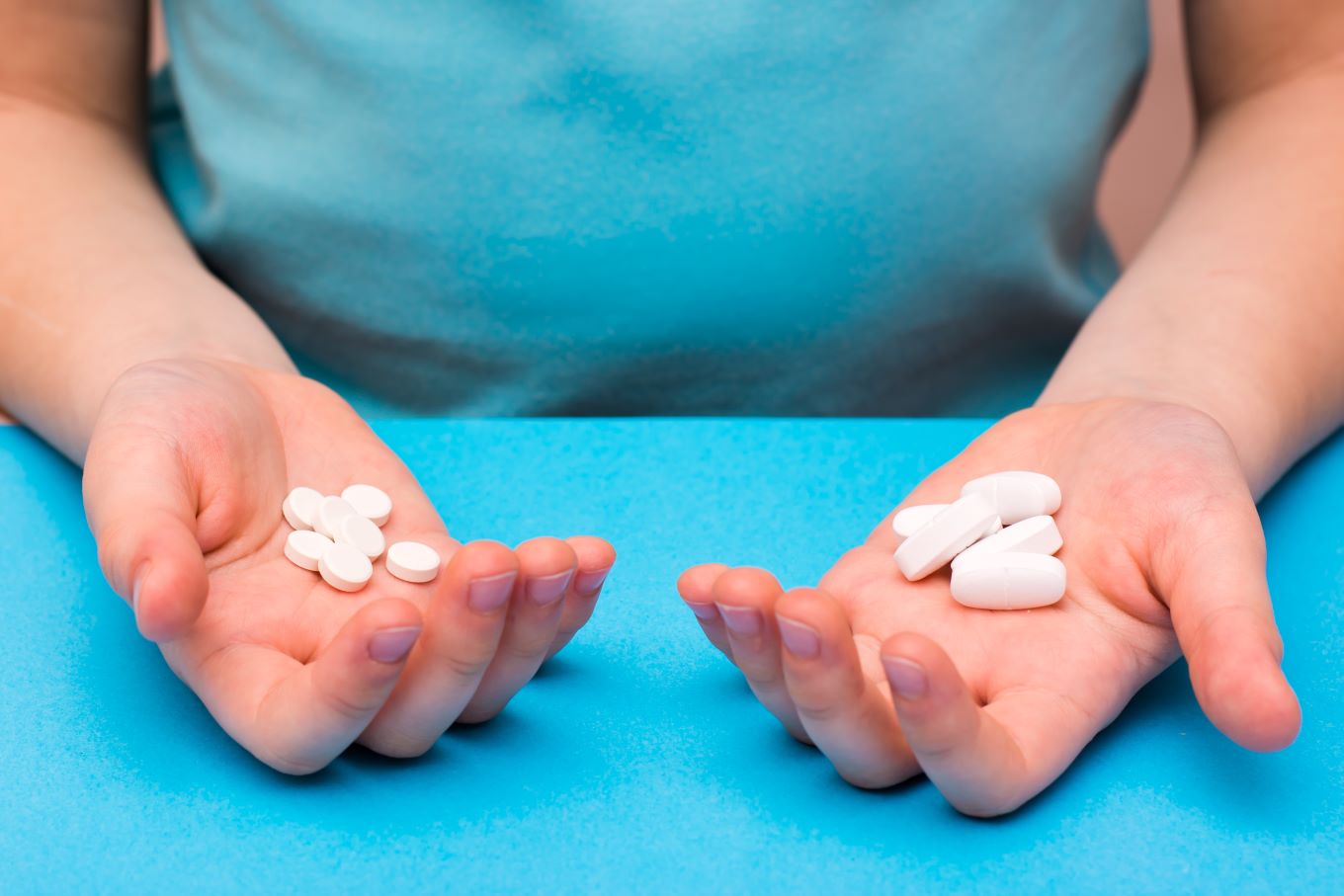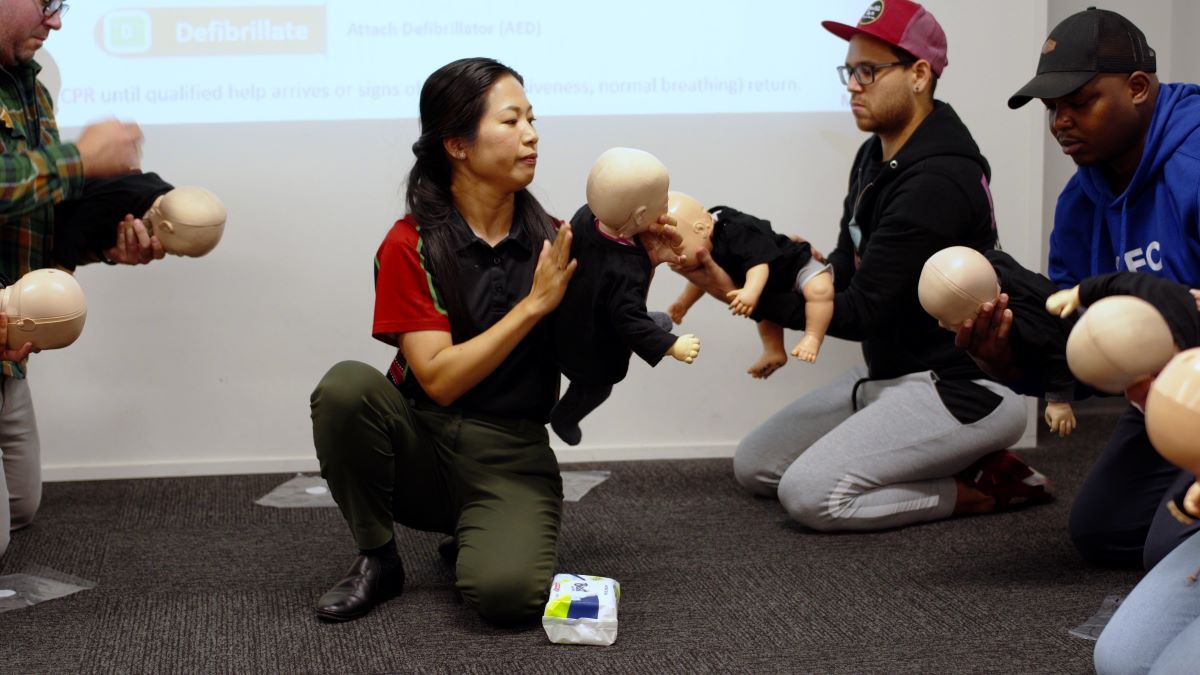Ingested poisoning occurs when any substance harmful to the body is ingested – whether intentionally or unintentionally.
Thousands of people experience accidental poisoning every year across Australia. This urges people to learn first aid to help prevent, treat, and respond in the event of ingested poisoning.
The Danger of Ingested Poison
Ingested poison, regardless of any substance, can be harmful if enough is consumed. Most of the poisoning cases are dose-related, which may result from exposure to excessive amounts of normally non-toxic substances.
Poisoning commonly occurs due to ingestion, but it can also result from injection, inhalation, and exposure to body surfaces, such as the skin. To prove our point earlier, many non-food substances that are ingested are generally non-toxic. However, almost any substance can become toxic if taken in excessive, unhealthy amounts.
Ingested poison can bring damage by altering the cellular metabolism of a person in a harmful or destructive way. It can act very quickly or may develop over a period of time, depending on the substance intake.
But in most cases, people who have ingested a poison have a low morbidity rate and can fully recover within short periods. First aid treatment and following prevention measures are the keys to avoiding the dangers of ingested poisoning.
In this blog, we will discuss how to recognise the warning signs and what is the best approach in case of a suspected or confirmed poisoning.
Signs and Symptoms
The signs and symptoms of ingested poisoning can mimic other conditions, including seizures, stroke, insulin reaction, or alcohol intoxication. Do note that different chemicals may cause different reactions in the body.
Common symptoms of an ingested poison may include:
- Burns or redness around the mouth and lips
- Increased saliva, or saliva that is an abnormal colour
- Breath that smells like chemicals, such as gasoline or paint thinner
- Difficulty breathing
- Abdominal cramps, vomiting, or diarrhea
- Seizures
- Dizziness or drowsiness
- Confusion or other altered mental status
- Unresponsiveness
If a person is suspected of swallowing or ingesting a poison, be alert for clues. Look for empty pill bottles and packages, or check for signs of burns, stains, and others on the person.
With small children, consider the possibility that they may have accidentally taken prescription medications or swallowed a button battery. Most victims of ingested poison are unsupervised children who accidentally mistake poison for food or beverage.
First Aid Treatment for Ingested Poison
If someone may have been poisoned, call triple zero (000) or contact your local poison control centre to speak with a poison expert right away. These experts can give first aid advice, which may save you from a trip to the emergency room.
Take the following first aid actions until help arrives.
- For an ingested poison, remove anything remaining in the person’s mouth. If the suspected substance is a household cleaning or other chemicals, read the label found on the container or packaging and follow instructions for accidental poisoning.
- Perform a primary and secondary assessment, and monitor the person’s airway, breathing, and circulation.
- Begin CPR (cardiopulmonary resuscitation) if the person is unresponsive and shows no signs of life.
- If the person vomits, turn their head sideward to prevent choking. Induce vomiting only applies if you receive instructions from the EMS dispatcher or the poison control centre.
- While waiting for help to arrive, have someone gather pill bottles, packages, containers, or anything that can provide information about the poison. This will be useful to relay to the emergency team in deciding the best course of action.
Learn First Aid
Sign up for a First Aid Course Adelaide and stay up to date on current guidelines, health tips, and expertise on managing various health emergencies.
Check our course page to find out more.







